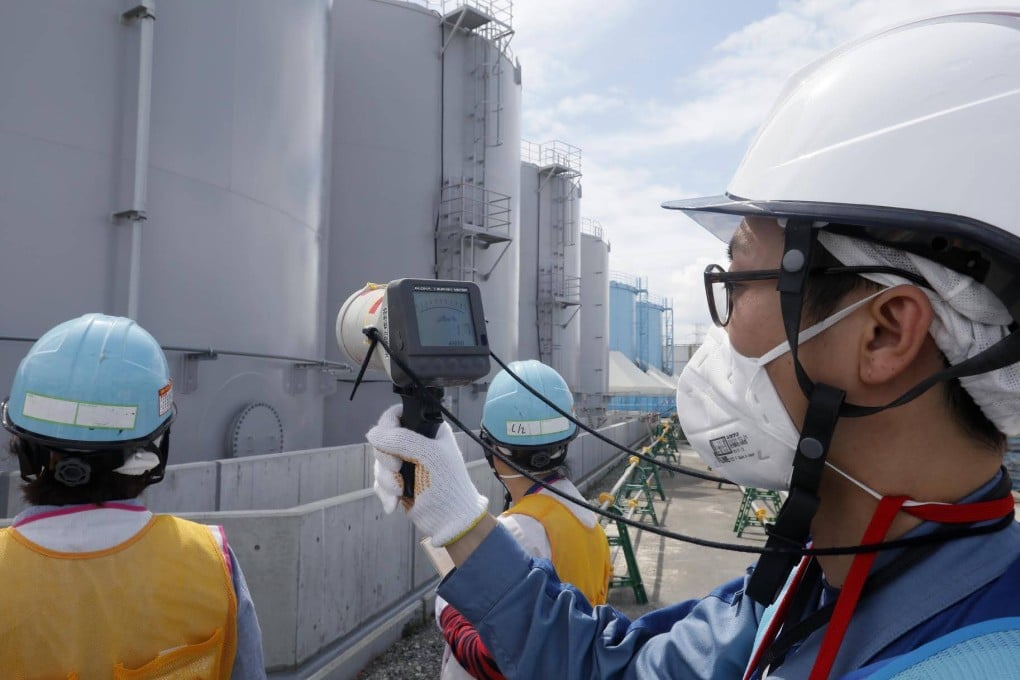Japan confronts nuclear plant security after Russia’s Ukraine assault, while debate on restarting reactors after Fukushima gains ground
- Specialist units likely to come from Japan’s elite riot squad and could cooperate with local police and private security guards employed by the plants
- Consideration to protect power stations, comes as Japan contemplates reactivating nuclear plants to ease its reliance on imported energy

Their primary task will be to safeguard the 59 reactors at the plants around Japan.
His comments come as the government faces pressure from a small group of politicians to permit more reactors to resume operations, given the sharp rise in energy costs.
Just five of Japan’s plants are presently operational, although all are at reduced capacity as the industry attempts to gradually ramp up output – and rebuild its reputation. Twenty-six of the reactors that were online 11 years ago are in the process of being decommissioned.
Japan’s nuclear regulators have imposed strict new safety protocols on operators, including new regulations against potential terrorist attacks, but recent events in Ukraine have focused the government’s attention on the issue.

